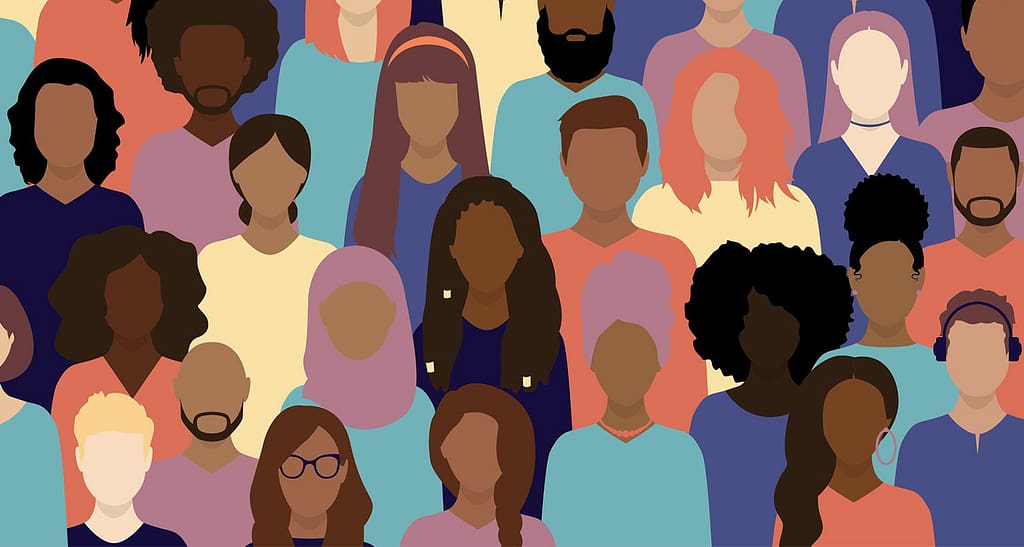
- Vili Costescu
- June 19, 2023
Facebook
Twitter
WhatsApp
Telegram
Email
Seventh-day Adventist Cyborgs?
However, There Is Ample Evidence To Suggest The Contrary—A God Of Unconditional Love Who Surpassed The Imagination Of All Beings In The Universe By Willingly Allowing Himself To Be Nailed On The Cross.

In recent discussions surrounding the advancements in AI technology, concerns have been raised about the concept of “God-like intelligence.” Some individuals, including notable investor Ian Hogarth, fear that such technology could evolve independently, potentially leading to outcomes beyond human control or comprehension, possibly endangering humanity’s existence. Discovering that these bright and visionary minds hold distorted images of the God I worship is disheartening. I wish for an opportunity to address these fears by shedding light on a few characteristics of my understanding of God. On the other hand, I acknowledge that some fellow worshippers may feel uncertain or confused, but I am willing to take that risk.
Throughout history, the world has undergone transformative changes without direct human supervision. God has faithfully fulfilled His plans and prophecies precisely regarding timing and location. However, fulfilling a prophecy does not necessarily imply that you and I have been transformed under His direct supervision, as many may assume. If God’s supervision had been applied, humanity would be fundamentally different today. Leaders like Putin and Biden would share a genuine love and care for one another, reflecting God’s influence. Unfortunately, you and I are proof that we often neglect the unenforced divine supervision. Personal transformation arises from an individual’s unrestricted and unsupervised decisions.
Now, envision a gathering, similar to a Constituency Session, in which we come together to celebrate each other’s gifts, talents, and successes, with everyone considering their brother or sister above themselves (Philippians 2:3). This collective mindset rooted in love and unity, is a glimpse of the true essence of God.
Furthermore, it is easy to project onto our understanding of God an image of a divine exterminator solely focused on observing humanity’s self-destruction. The destruction of cities such as Sodom, Jericho, and even the mighty Jerusalem supports this perception. Moreover, the concept of Terra’s eventual burning (2 Peter 3:11-12) seems to involve God Himself, contributing to our fear of a God-like intelligence with destructive power. However, there is ample evidence to suggest the contrary—a God of unconditional love who surpassed the imagination of all beings in the Universe by willingly allowing Himself to be nailed on the cross.
It is theorised that our brain can’t comprehend the negative, but strangely we dwell on potential misfortunes. This inclination can be attributed to the daily bombardment of bad news, violence, and other atrocities, which influences our subconscious to anticipate calamity rather than focusing on how we can bring light to darkness and hope to despair.
I find great excitement in the God-like intelligence shared with humanity for centuries, although regrettably forgotten by its recipients. “He has made everything beautiful in its time. He has also set Eternity in the human heart, yet no one can fathom what God has done from beginning to end.” (Ecclesiastes 3:11). Eternity resides within our hearts from the beginning.
Therefore, if we are to be God’s “Cyborgs,” let us activate the following functions: “look after orphans and widows in their distress,” “loose the chains of injustice and untie the cords of the yoke to set the oppressed free,” and “share your food with the hungry and provide the poor wanderer with shelter—when you see the naked, clothe them, and not turn away from your flesh and blood.”
Let us embrace the true image of God—one of love, compassion, and active participation in making the world a better place. By embodying these values, we become the true reflections of a God-like intelligence that transforms lives and brings hope to all. May we strive to embody God’s love in a world desperately needing it.
Pastor Vili Costescu is the senior minister for the Wimbledon SDA Church in the South England Conference, UK

How Should Christians be Different?
September 6, 2023

The Pastoral Caregiver – Bearer of Stories
September 6, 2023

What Takes to be Different?
September 6, 2023

The Beauty of Diversity Within the Body of Christ
September 6, 2023

The Butterfly, an Object Lesson of Transformation
September 6, 2023

Mitigating the Risks of Cultural Compromises
September 6, 2023

Embracing Christ-Centered Counterculture
September 6, 2023








